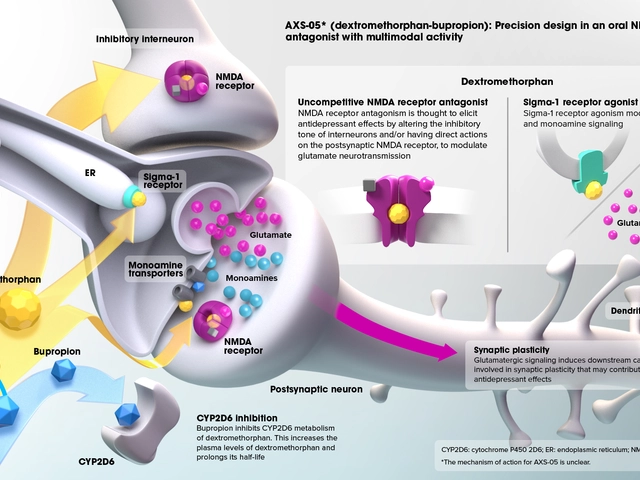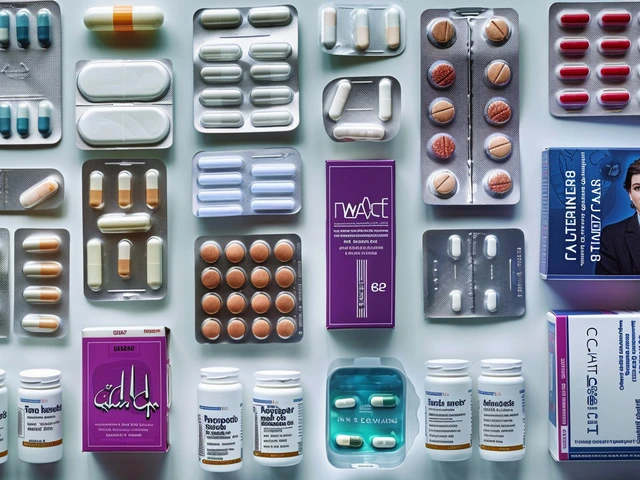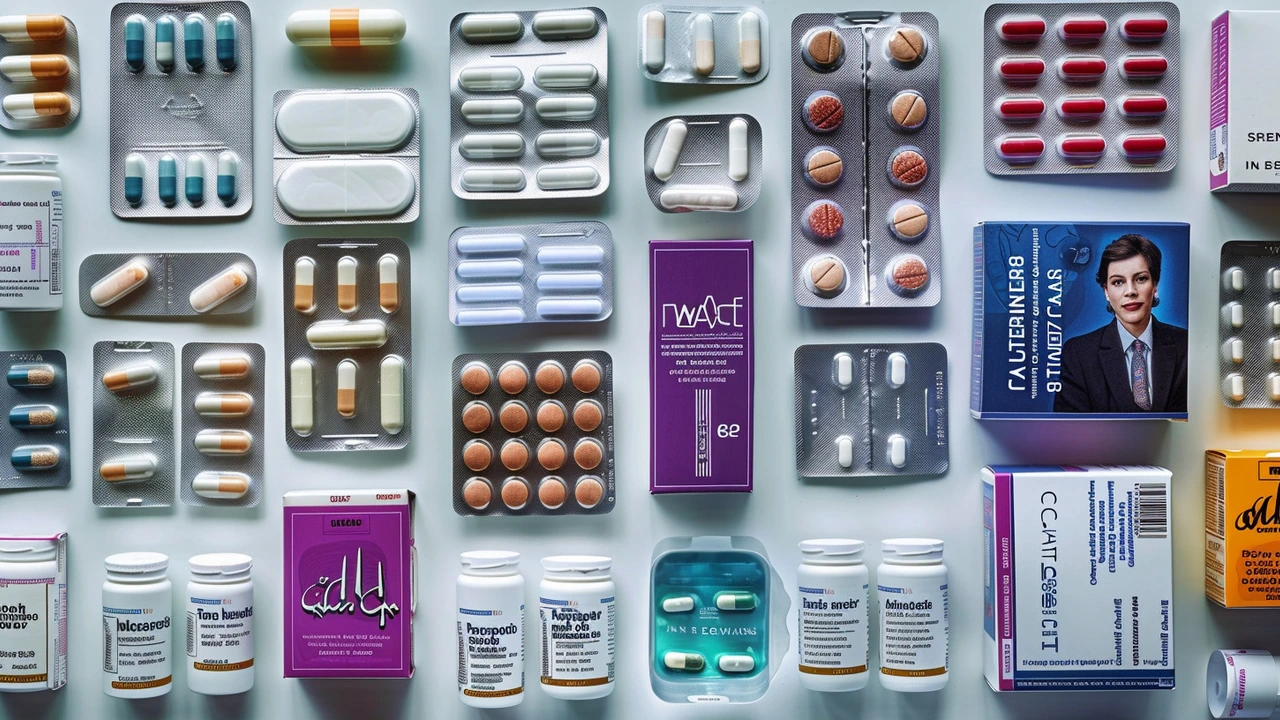The recent revelations from a study conducted by SBM Intelligence have cast a stark light on the escalating crisis within the Nigeria's pharmaceutical sector, driven largely by rampant inflation. This unprecedented price inflation has severely impacted the affordability and availability of medications for common ailments, casting a long shadow over the country’s healthcare landscape. In a dramatic turn of events, the cost of medications such as Beecham Ampiclox capsules, Augmentin tablets, and even basic Paracetamol has surged beyond the reach of the average Nigerian citizen.
The figures presented are startling, with Beecham Ampiclox capsules escalating from a mere N750 in 2019 to an astounding N9000, marking an increase that is hard to fathom for the ordinary consumer. Similarly, Augmentin tablets, essential in combating bacterial infections, have seen their price leap from N4000 to an exorbitant N26000. The price hike does not spare even the most basic of medical needs: Paracetamol tablets, a household staple for managing pain and fevers, have seen a price jump from N40 to N150. This spiraling cost of pharmaceuticals has far-reaching implications, affecting the very fabric of Nigeria’s healthcare system.
The root cause of these astronomical price increases lies in a confluence of economic challenges, with currency devaluation at the forefront. Nigeria's reliance on imported pharmaceuticals has made the sector exceedingly vulnerable to shifts in global market dynamics and exchange rates. The pharmaceutical industry, including global giants like GSK and Sanofi, has been hit hard, with some companies making the painful decision to exit the Nigerian market altogether, citing unsustainable financial conditions.
This exodus of major pharmaceutical firms is more than an economic concern; it poses a substantial risk to public health. Nigeria’s dependency on imported active pharmaceutical ingredients (APIs) ensures that any disruption in the global supply chain directly affects the availability and affordability of medications locally. As these costs continue to rise, many Nigerians are finding themselves forced to forego essential medications, a situation that jeopardizes the management of chronic conditions and paves the way for the development of drug-resistant strains of diseases.
The repercussions of this trend are extensive. From a healthcare perspective, the increasing neglect of prescribed medication regiments is a ticking time bomb, potentially leading to a public health crisis characterized by the spread of drug-resistant infections and the unchecked progression of chronic illnesses. Economically, the strain on the healthcare system threatens to exacerbate Nigeria's already fragile financial condition, with the cost of addressing the resultant increase in disease burden potentially outweighing the nation's healthcare budget.
In conclusion, the alarming surge in medication costs in Nigeria is a clarion call for urgent interventions. Stakeholders within the pharmaceutical industry, government, and international health organizations must come together to devise sustainable solutions. Whether through promoting local drug manufacturing, enhancing foreign exchange policies, or fostering global partnerships, the goal must be to ensure that essential medications remain accessible and affordable for all Nigerians.






Write a comment